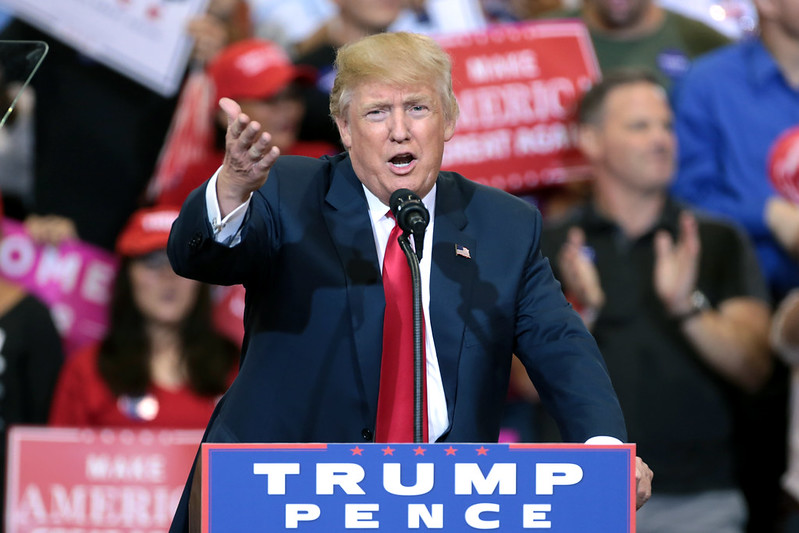
After over a year of negotiations, Congress and the White House have reached a deal on the United States – Mexico – Canada Trade Agreement (USMCA). The House is expected to vote on H.R. 5430, legislation that will implement the USMCA, this week. The Senate will take up the agreement after the new year.
While the Democrat Congress has stripped the USMCA of several provisions that would have made it a better deal, the agreement updates the North American Free Trade Agreement to reflect the realities of the 21st century economy. Prior to USMCA, NAFTA had not been updated since it went into effect in 1994.
The USMCA will build on the success of Trump’s economic agenda. Since Trump took office, entrepreneurs and small businesses have created 7 million jobs. In November, the U.S. economy added 266,000 jobs. Unemployment has once again hit its record low of 3.5 percent, wages are growing, and the labor force participation rate remains robust at 63.2 percent.
The USMCA is projected to grow the economy by $68 billion and create 176,000 new jobs for Americans, according to the International Trade Commission. These positive economic effects are estimated to have the equivalent impact as a 4 percent corporate tax cut.
America’s largest trading partners are Canada and Mexico, 12 million American jobs rely on trade with Mexico and Canada, and this number will only grow with USMCA’s ratification. Nearly 2/3 of American exports are purchased by Mexico and Canada, accounting for $500 billion every year. If implemented, the USMCA would increase exports to Canada by $19 billion and to Mexico by $14 billion.
USMCA ratification will also benefit American farmers, as the deal is projected to increase agriculture exports by more than $314 million. Through USMCA negotiations, Canada agreed to open market access to American farmers who wish to sell dairy, poultry, and eggs in Canada. In return, Canada will have access to American dairy and peanut products.
The Trump trade deal brings trade into the 21st century with numerous provisions on e-commerce, cross-border data flows, and encryption. This is the first trade agreement in U.S. history to include these protections.
However, the USMCA is not perfect, and its problems have grown during negotiations. Negotiators ultimately failed to include a crucial provision that would have provided 10 years of data protection for lifesaving biologic medicines. Biologics are the next generation of medicines and are more costly and complex to produce than other cures. Data protection recognizes the extraordinary time, resources, and opportunity cost that innovators must devote to go through the regulatory approval process.
If implemented, the USMCA’s 10-year period would have allowed innovators to earn a positive rate of return on the immense costs associated with research, development, and the FDA approval process. Without this provision, we have lost an opportunity to bring IP in Mexico and Canada up to U.S. standards that have existed for a decade.
Despite these disappointments, the USMCA is a good trade deal that will benefit American workers, businesses, and innovators. Now that an agreement has finally been reached, Congress should ratify USMCA.

